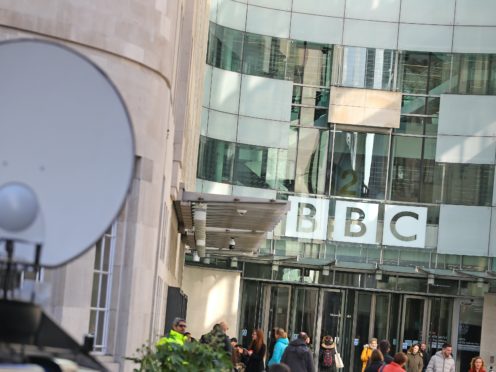BBC staff have been told to avoid “virtue signalling” and be cautious with their use of emojis in new social media guidelines.
The rules are part of a new set of instructions and guidance, alongside new training, that aim to “ensure the highest possible standards of impartiality across the organisation”.
The rules also tells staff working in news, current affairs and factual journalism production, such as Countryfile, The One Show and Woman’s Hour, and as well as all senior leaders, that they may not reveal how they have voted or express support for any political party.
Neither can they express views on any policy which is a matter of current political debate or on matters of public policy, political or industrial controversy, or any other “controversial subject.”
New measures reaffirm BBC’s commitment to impartiality: https://t.co/7T3oSMb7JI pic.twitter.com/gs7yW6oe3C
— BBC Press Office (@bbcpress) October 29, 2020
Journalists have also been told they must not support campaigns, such as through the use of hashtags “no matter how apparently worthy the cause or how much their message appears to be accepted or uncontroversial.”
The guidance says: “Use of emojis can – accidentally, or deliberately – undercut an otherwise impartial post.”
It adds: “Avoid ‘virtue signalling’ – retweets, likes or joining online campaigns to indicate a personal view, no matter how apparently worthy the cause.”
News At Ten anchor Huw Edwards tweeted a series of Welsh flags in response and wrote: “The BBC’s new social media guidance says that the “use of emojis can – accidentally, or deliberately – undercut an otherwise impartial post.”
🏴🏴🏴🏴🏴🏴🏴 The BBC's new social media guidance says that the "use of emojis can – accidentally, or deliberately – undercut an otherwise impartial post" 🏴🏴🏴🏴🏴🏴🏴🏴🏴
— Huw Edwards (@huwbbc) October 29, 2020
Staff are also cautioned to “be wary of ‘revealed bias’,” through the use of likes or re-posting other posts, so that a bias becomes evident, and ‘inferred bias’ where a post is impartial but loose wording allows readers to infer a bias where there is none.”
The new guidelines come after the BBC’s director-general warned staff over their use of social media and said those wanting to be an “opinionated columnist or a partisan campaigner on social media” had no place at the BBC.
The guidelines tell all employees, regardless of their department, that they must “always behave professionally, treating others with respect and courtesy at all times: follow the BBC’s Values.”
The other rules state: “Don’t bring the BBC into disrepute. If your work requires you to maintain your impartiality, don’t express a personal opinion on matters of public policy, politics, or ‘controversial subjects’.
“Don’t criticise your colleagues in public. Respect the privacy of the workplace and the confidentiality of internal announcements.”
The corporation said a breach of the guidance may lead to disciplinary action, which could include the sack.
